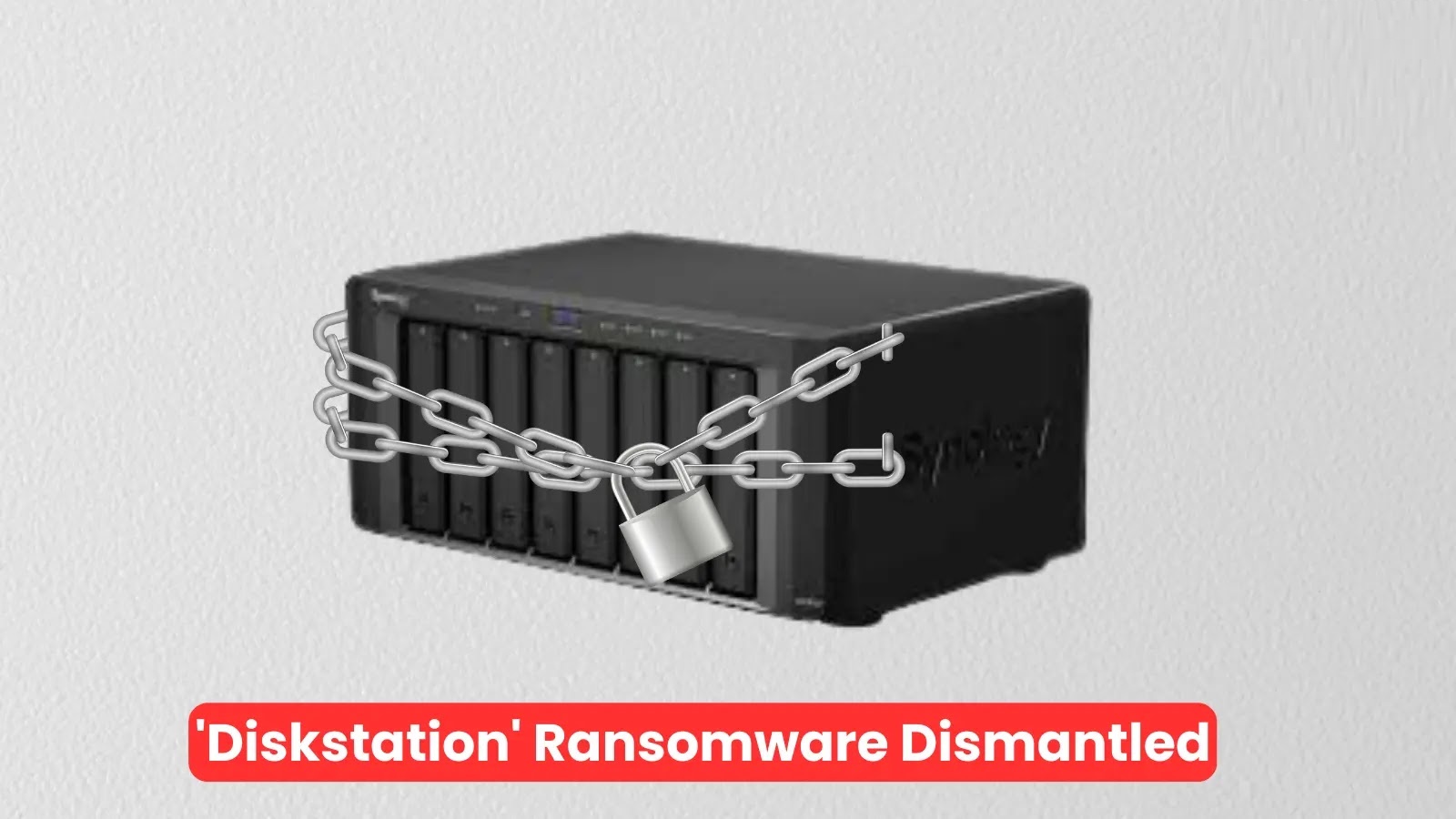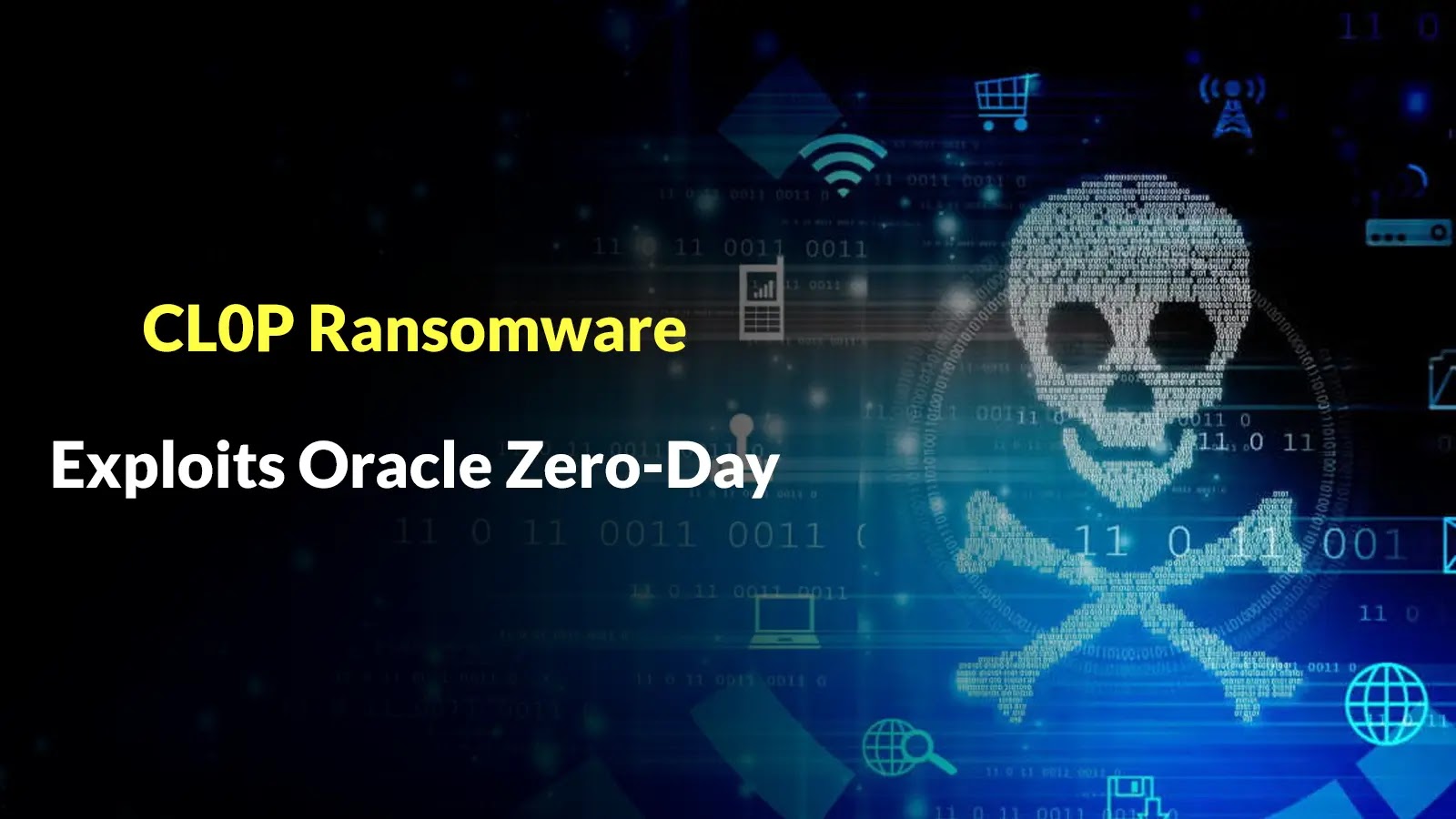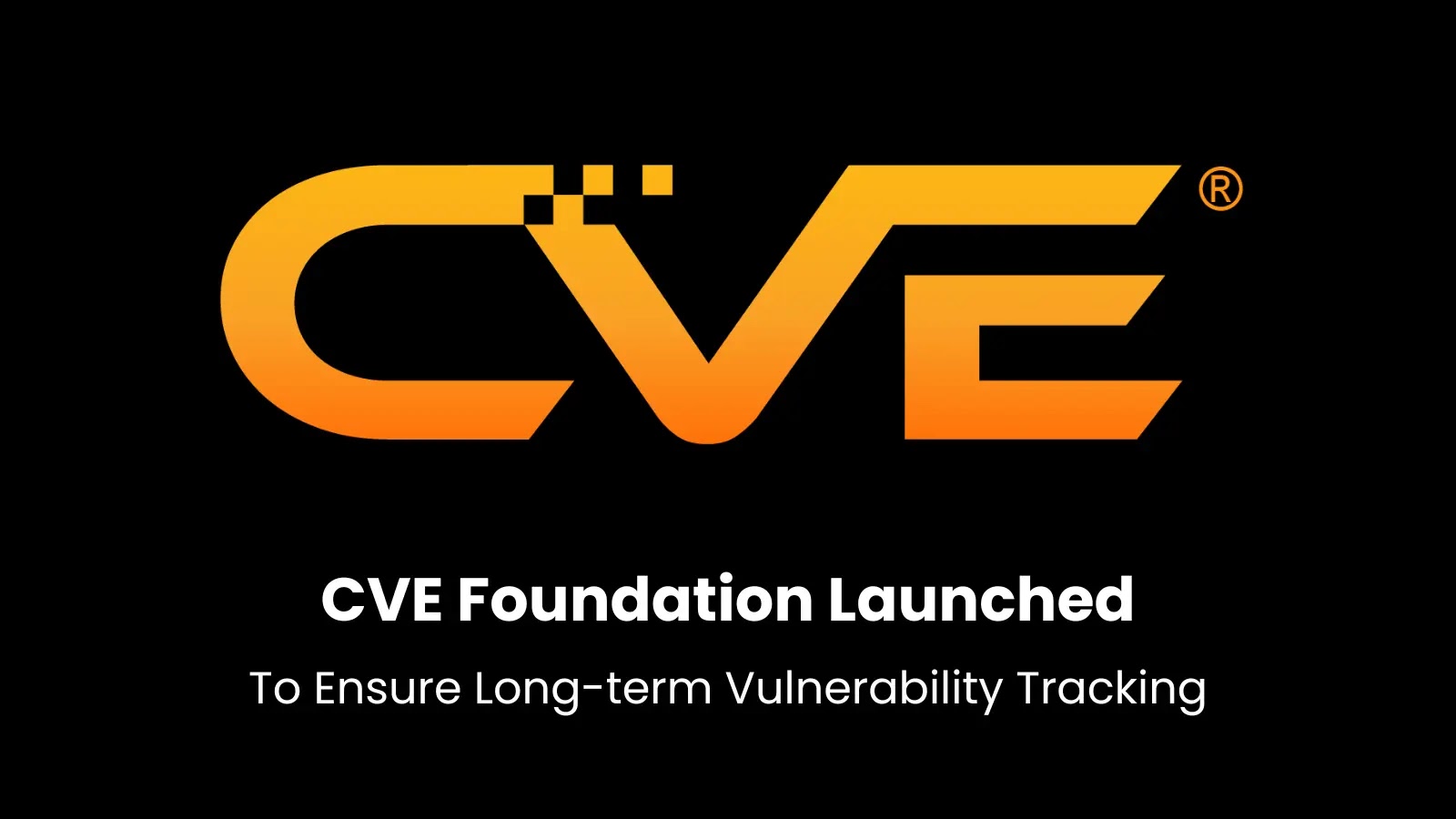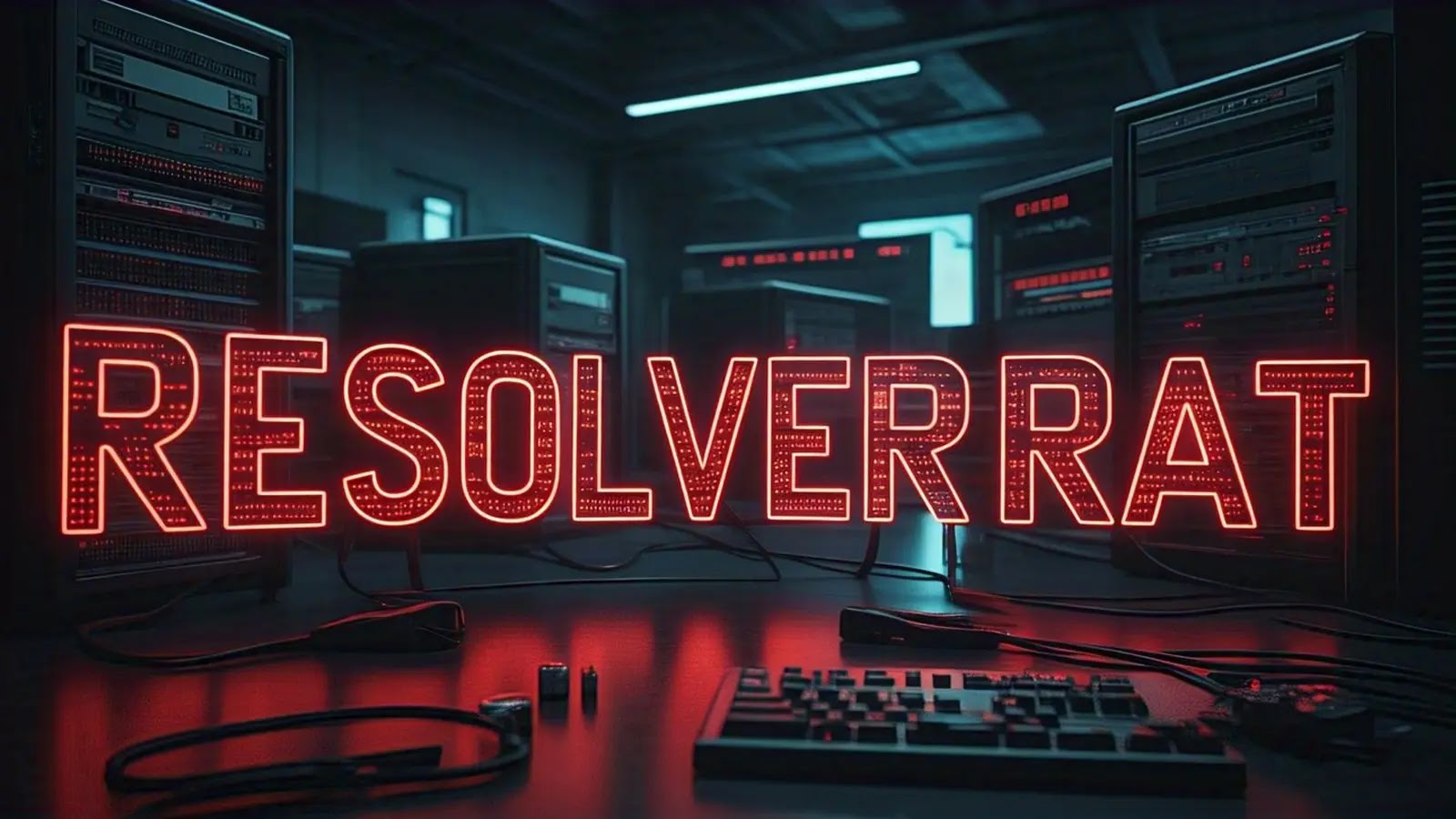In a significant victory against cybercrime, an international coalition of law enforcement agencies has successfully dismantled the Diskstation ransomware group, notorious for targeting Synology Network-Attached Storage (NAS) devices across multiple countries. This coordinated effort, spearheaded by the Italian State Police in collaboration with French and Romanian authorities under the auspices of EUROPOL, has led to the arrest of several individuals and the disruption of a sophisticated cybercriminal network.
The Emergence of the Diskstation Ransomware Threat
The investigation was initiated in response to a surge of complaints from companies in Lombardy, Italy, whose IT infrastructures had been compromised by advanced ransomware attacks. The perpetrators employed complex encryption algorithms to render critical business data inaccessible, effectively halting operations in sectors such as graphic design, film production, and event organization.
Exploitation of Synology NAS Vulnerabilities
The Diskstation group demonstrated a high level of technical proficiency, specifically targeting vulnerabilities within Synology NAS devices. These devices are widely utilized by businesses for data storage and backup solutions, making them attractive targets for cybercriminals. The attackers exploited zero-day vulnerabilities—previously unknown security flaws—and employed credential stuffing techniques to gain unauthorized access. Once inside, they deployed encryption payloads that locked users out of their data, subsequently demanding cryptocurrency payments for decryption keys.
Advanced Forensic Analysis and Blockchain Tracking
The Cybersecurity Operations Center in Milan conducted an in-depth forensic analysis of the compromised systems. Utilizing advanced malware detection techniques and reverse engineering methodologies, investigators were able to dissect the ransomware’s behavior and identify its origins. Additionally, detailed blockchain analysis was performed to trace cryptocurrency transactions, employing specialized tools to follow the digital money trail from victim payments to the perpetrators’ wallets. This dual-approach investigation was instrumental in mapping out the operational structure of the criminal network.
International Collaboration Leads to Arrests
Recognizing the complexity and international reach of the Diskstation ransomware operation, a specialized task force was established, coordinated by EUROPOL. This collaborative effort included cybercrime units from Italy, France, and Romania, each contributing expertise in digital forensics, cryptocurrency analysis, and cross-border legal procedures.
In June 2024, coordinated searches were conducted in Bucharest, Romania. Investigators from the Milan Cybersecurity Operations Center participated alongside Romanian authorities, successfully apprehending several suspects in the act of committing cybercrimes. The operation yielded substantial digital evidence, confirming the investigative hypotheses and revealing the full scope of the criminal network’s activities.
Legal Proceedings and Charges
The primary suspect, a 44-year-old Romanian citizen, has been placed in pre-trial detention by the Milan Court on charges of Unauthorized Access to a Computer or Telematic System and Extortion. These charges underscore the severity of the crimes, which affected numerous victims and demonstrated the international scope of the ransomware operation.
Implications for Cybersecurity
The dismantling of the Diskstation ransomware group highlights the critical importance of international cooperation in combating cybercrime. It also serves as a stark reminder for businesses and individuals to prioritize cybersecurity measures. Regularly updating software, employing strong, unique passwords, and implementing multi-factor authentication are essential steps in safeguarding against such threats.
Protecting Synology NAS Devices
Synology NAS device users are urged to take proactive measures to secure their systems:
1. Update Firmware Regularly: Ensure that the DiskStation Manager (DSM) software is updated to the latest version. Synology has released patches addressing known vulnerabilities, and keeping the system updated is crucial in preventing exploitation.
2. Implement Strong Authentication: Use complex, unique passwords for all accounts and enable multi-factor authentication where possible. This reduces the risk of unauthorized access through credential stuffing attacks.
3. Configure Network Settings Securely: Limit remote access to the NAS device and disable services that are not in use. Utilize Synology’s built-in security features, such as the firewall and automatic account lockout after multiple failed login attempts.
4. Regular Backups: Maintain regular backups of critical data, stored separately from the NAS device. This ensures data recovery options are available without succumbing to ransom demands.
5. Monitor System Activity: Regularly review system logs and monitor for unusual activity. Synology provides tools to help users detect and respond to potential security incidents.
Conclusion
The successful dismantling of the Diskstation ransomware group marks a significant achievement in the fight against cybercrime. It underscores the necessity for continuous vigilance, robust cybersecurity practices, and international collaboration to protect digital infrastructures from evolving threats. Users of Synology NAS devices, and indeed all networked systems, must remain proactive in implementing security measures to safeguard their data against potential attacks.



